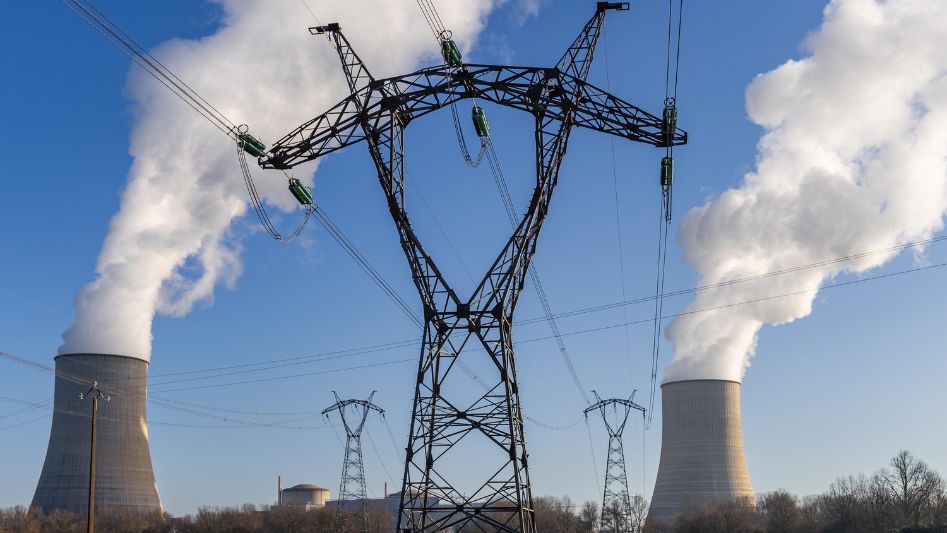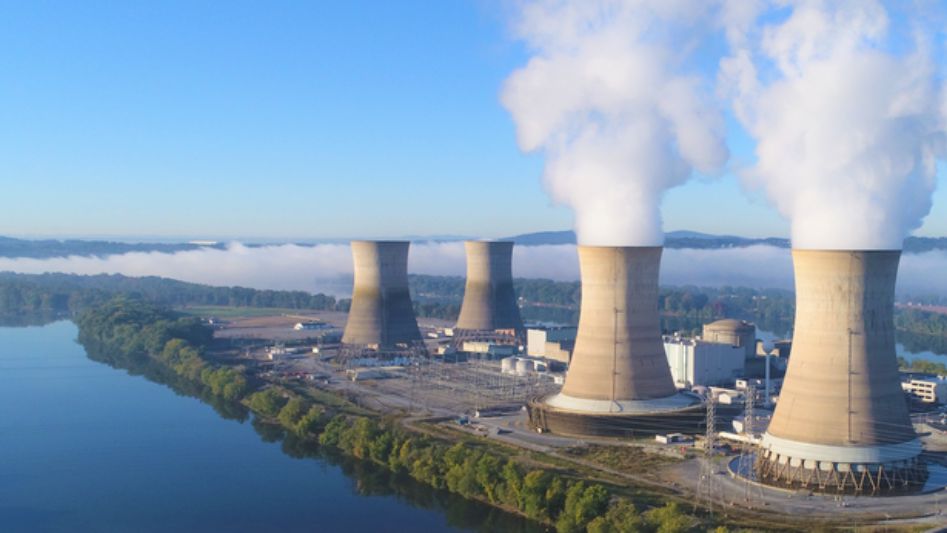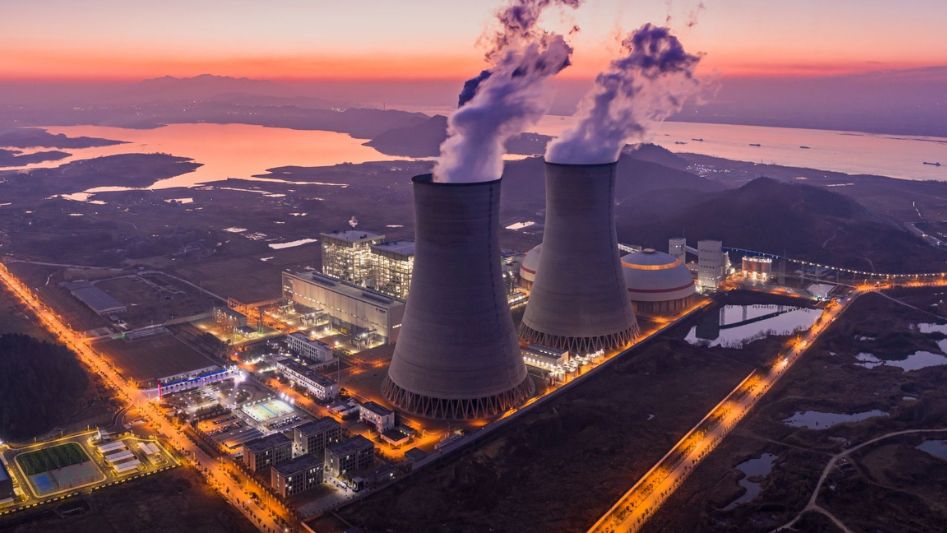As the world shifts towards a greener and more sustainable future, the role of nuclear energy in the energy mix has come under scrutiny. Nuclear energy is often touted as a clean and efficient source of power, but it comes with its fair share of risks and concerns. In this article, we will delve deep into the pros and cons of nuclear energy in a green energy mix, exploring its benefits and drawbacks, and providing a comprehensive analysis to help you make an informed decision.
Table of Contents

The Pros of Nuclear Energy in a Green Energy Mix
- Nuclear energy is a low-carbon source of energy that emits significantly fewer greenhouse gases than fossil fuels, making it an attractive option for countries looking to reduce their carbon footprint.
- Nuclear power plants have a high capacity factor, meaning they can run almost continuously, providing a reliable source of energy that can help supplement intermittent renewable sources like wind and solar.
- Nuclear energy is a proven and established technology that has been in use for several decades. As such, it is a reliable and predictable source of energy that can be deployed at scale.
- Nuclear energy can help reduce dependence on fossil fuels, which are finite resources that emit significant amounts of carbon dioxide and other greenhouse gases.
- Nuclear energy is a cost-effective source of energy in the long term, as nuclear power plants have a long lifespan and produce large amounts of energy over their lifetime.

The Cons of Nuclear Energy in a Green Energy Mix
- The biggest concern with nuclear energy is safety. Nuclear power plants can pose a significant risk to human health and the environment if not managed properly. The risk of a catastrophic nuclear accident, such as the one that occurred in Chernobyl in 1986, is a constant concern.
- The nuclear waste produced by nuclear power plants is radioactive and remains dangerous for thousands of years. It is difficult and expensive to dispose of this waste safely, and there is no universally accepted solution to this problem.
- Nuclear power plants require a significant amount of water for cooling, which can put a strain on water resources in areas that are already experiencing water scarcity.
- Nuclear energy is a capital-intensive industry, and building new nuclear power plants can be prohibitively expensive. The cost of nuclear power plants can also increase significantly due to regulatory requirements and safety measures.
- Nuclear energy is a non-renewable source of energy, as it relies on uranium, which is a finite resource. While there is enough uranium to meet current demand, future shortages cannot be ruled out.

Conclusion
Nuclear energy has both pros and cons in a green energy mix. On the one hand, it offers a low-carbon source of energy that can help reduce greenhouse gas emissions and provide a reliable source of energy. On the other hand, it comes with significant safety risks, waste management challenges, and high capital costs.
Therefore, it is important to weigh the pros and cons carefully before making a decision on whether to include nuclear energy in a green energy mix. Governments and energy companies need to consider the long-term implications of nuclear energy and ensure that it is managed safely and responsibly.
FAQ
Is nuclear energy renewable or non-renewable?
Nuclear energy is a non-renewable source of energy, as it relies on uranium, which is a finite resource.
Is nuclear energy safe?
Nuclear energy can pose significant risks to human health and the environment if not managed properly. The risk of a catastrophic nuclear accident is a constant concern.
Is nuclear energy cost-effective?
Nuclear energy is a cost-effective source of energy in the long term, as nuclear power plants have a long lifespan and produce large amounts of energy over their lifetime.
What is nuclear waste, and how is it disposed of?
Nuclear waste is radioactive material that remains dangerous for thousands of years. It is difficult and expensive to dispose of this waste safely, and there is no universally accepted solution to this problem.
You May Also Like
- SMALL REACTOR TECHNOLOGY: A SOLUTION TO THE CHALLENGES OF TRADITIONAL NUCLEAR ENERGY
- THE LESSONS OF NUCLEAR POWER FOR THE FUTURE OF RENEWABLE ENERGY
- RENEWABLE ENERGY AND GRID MODERNIZATION: A MATCH MADE IN HEAVEN
- NUCLEAR POWER: A VITAL PIECE OF THE PUZZLE IN ACHIEVING CARBON NEUTRALITY
- RENEWABLE ENERGY: THE KEY TO A LOW-CARBON FUTURE
